Ten Questions for Daisy Johnson
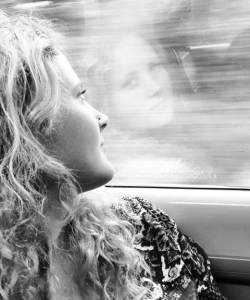
“The glimmer of an idea appears in my notebook long before I begin writing.” —Daisy Johnson, author of Sisters
Jump to navigation Skip to content
Read weekly interviews with authors to learn the inside stories of how their books were written, edited, and published; insights into the creative process; the best writing advice they’ve ever heard; and more.

“The glimmer of an idea appears in my notebook long before I begin writing.” —Daisy Johnson, author of Sisters

"Writing is part of my life, and life is part of my writing.” —Khadijah Queen, author of Anodyne
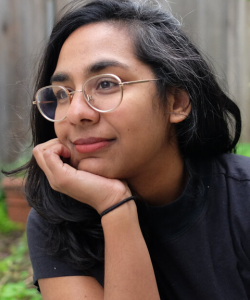
“Often it was the help of an outside perspective that allowed me see what I was trying to do.” —Shruti Swamy, author of A House Is a Body
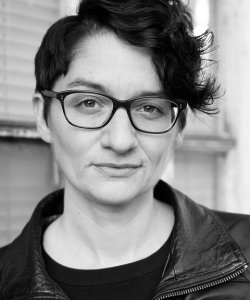
“It’s pretty clear that the entire system is due for a serious reckoning.” —Melissa Faliveno, author of Tomboyland
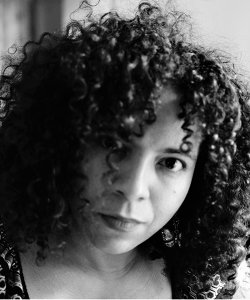
“I write sporadically and edit often.” —francine j. harris, author of Here Is the Sweet Hand
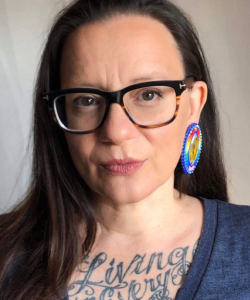
“I would remind myself that every book has its own life and to just have faith in the story.” —Cherie Dimaline, author of Empire of Wild

“We need the industry to be more reflective of the audience.” —Adrian Tomine, author of The Loneliness of the Long-Distance Cartoonist
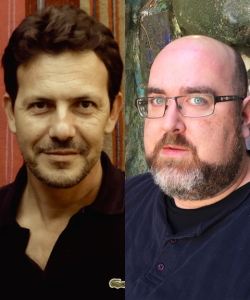
This week’s installment of Ten Questions features Ryad Girod and Chris Clarke, the author and the translator of the novel Mansour’s Eyes.
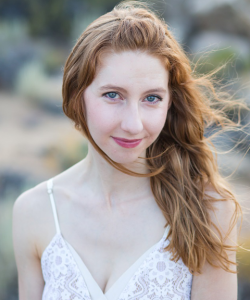
“Feel for the thread. Follow it through the dark.” —Kendra Atleework, author of Miracle Country
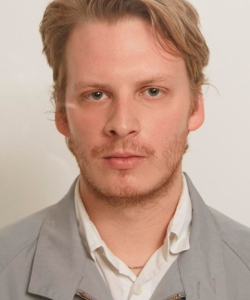
“Kevin Killian always told me great fiction lets you know how things smell.” —Andrew Durbin, author of Skyland
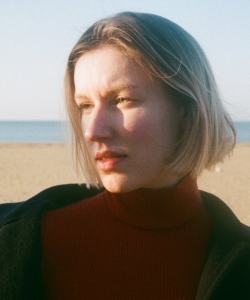
“There’s a balance to be struck between what you reveal and what you hold back.” —Sophie Mackintosh, author of Blue Ticket
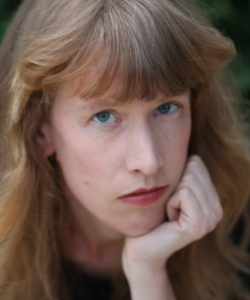
“Writing is supposed to be fun. Enjoy yourself.” —Kyle McCarthy, author Everyone Knows How Much I Love You
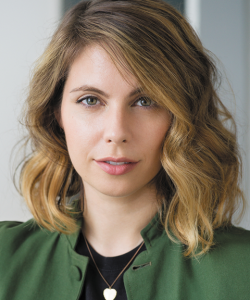
“I always write better from a place of joy than I do from a place of discipline.” —Emily Temple, author of The Lightness
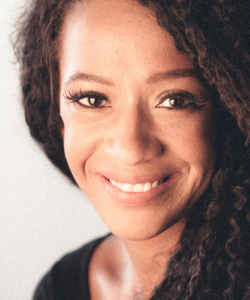
“The uneven rhythms of grief don’t allow you to do or to feel life as you did before.” —Rachel Eliza Griffiths, author of Seeing the Body
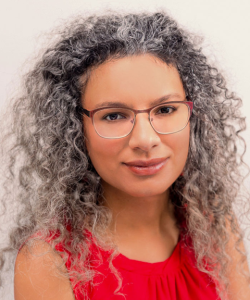
“What’s most fundamental is being able to listen.” —Lauren Russell, author of Descent
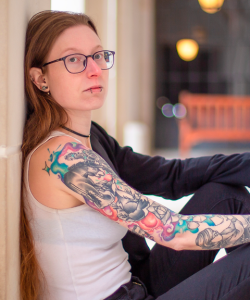
“I have a deeply unhealthy work-life balance in that the Venn diagram of those things is a circle.” —Ilana Masad, author of All My Mother’s Lovers
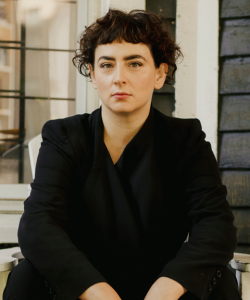
“I’m mistrustful of writing advice in general.” —Kate Zambreno, author of Drifts
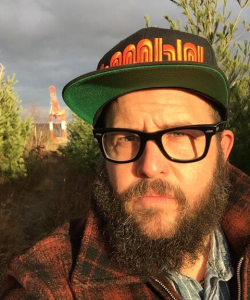
“It is a vulnerable thing to expose one’s least-glamorous moments to the scrutiny of the page.” —Cooper Lee Bombardier, author of Pass With Care
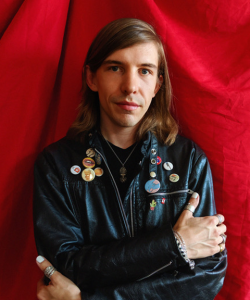
“Write what you do not know, which I think is particularly helpful because—not to sound too much like Socrates—I’m not really convinced that anyone knows anything.” —John Elizabeth Stintzi, author of Vanishing Monuments
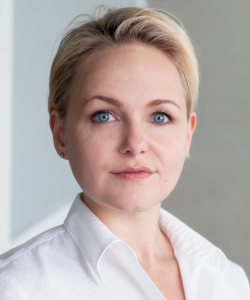
“There was nothing hard about writing it, it was more like finally giving in to some terrible force.” —Rufi Thorpe, author of The Knockout Queen
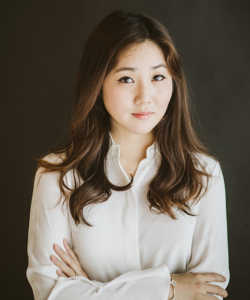
“I need three things to write: snacks, drinks, and silence.” —Frances Cha, author of If I Had Your Face
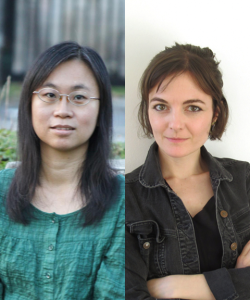
This week’s installment of Ten Questions features Ho Sok Fong and Natascha Bruce, the author and the translator of the story collection Lake Like a Mirror.
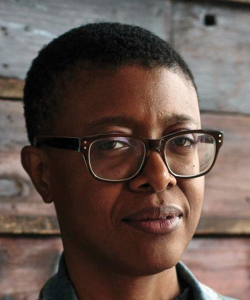
“The biggest challenge for me to accomplish any project is working to keep myself out of the way.” —Krista Franklin, author of Too Much Midnight
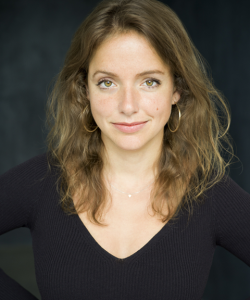
“Just opening the document each day keeps it on track.” —Rebecca Dinerstein Knight, author of Hex
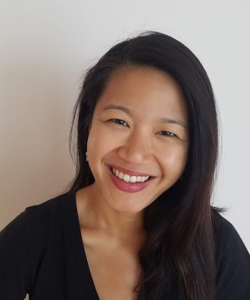
“I wish I could simply walk into an office every day and feel ready to go, but that’s just not the case for me, and I know that by now.” —Marianne Chan, author of All Heathens